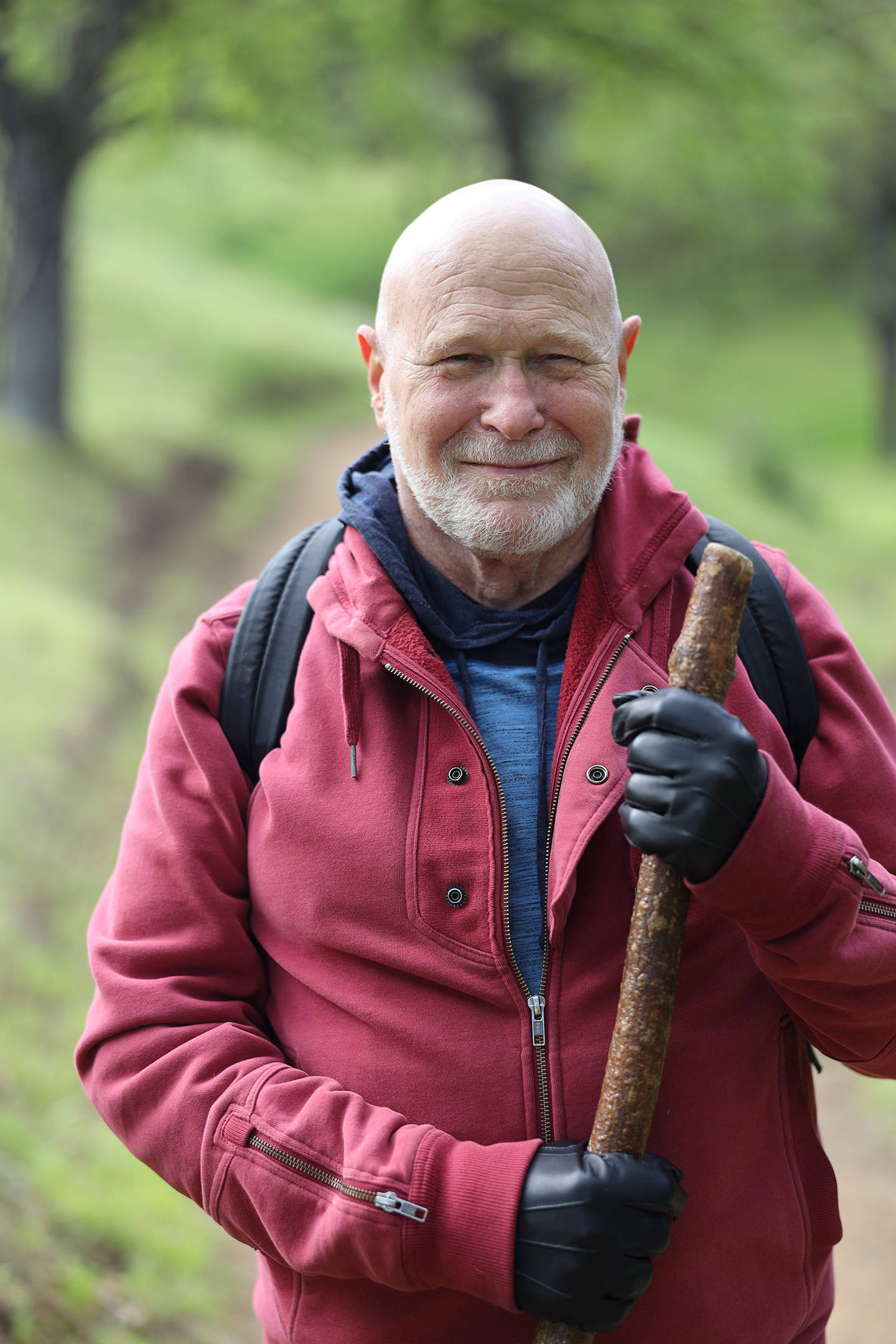As usual, I write to you about the biblical and Christian nature wisdom tradition. The book of Psalms is classified as a book of wisdom literature, and it contains much nature wisdom and many nature metaphors. Often, we find the psalmist looking into the natural world to find inspiration and guidance on how to live a righteous life in the eyes of God.
It is important to remember when reading the Psalms, that they were written in a land that was sparsely populated, and where human activity affected the natural world as much as in our times.
At my seminary we always began our meal-time grace with this antiphon taken from Psalm 145:16 & 17:
“The eyes of all wait upon you, O Lord/ And you give them their food in due season./ You open wide your hand/ And satisfy the needs of every living creature.”
It is good to recall the words creator, creation, and creature. In English, these words demonstrate the relationship between the creator, the creation and all the creatures that dwell on earth. The creator is in relationship with all creatures and, therefore, is concerned about them like any good parent is concerned about their offspring and want to provide for them.
As the creation of the planet Earth preceded and evolved, it did so in order to supply the needs of every living creature. Although it is possible to discover an animal that died naturally from starvation, it is very rare for creatures, from the tiniest microbes to the largest sea creatures, to die of starvation.
“God gives them their food in due season,” even if they have to migrate hundreds of miles like the American bison and the Arctic caribou, or fly thousands of miles as the Arctic Tern does twice a year In the natural world there is a balanced relationship between predator and prey that enable both to thrive in cycles.
When food gets scarce, some creatures hibernate in winter or estivate in the heat of summer. Other creatures learn to eat a wide variety of food and are omnivores like the Alaskan bears. Other creatures feed on dead and decaying matter. All of this is possible because chlorophyll converts the sun’s energy into biological useable energy in the evolutionary miracle of photosynthesis.
[Living & Growing: It’s time for a new season]
There are many ways that “God opens his hands to satisfy the needs of every living creature.” There is no holding back, as demonstrated by the open arms and nailed hands of Jesus on the cross.
While hiking in the Brooks Range, I was astounded to see how God cares for these creatures during the very long and cold winters. There are actually grazing lands on the leeward side of mountains that are basically snow free most of the winter and provide shelter and food. Hidden away in the mountains are mineral licks that provide the various minerals needed for life in this harsh climate.
God indeed is a faithful creator who is strongly bonded to creation and all creatures and cares for them.
Let us end in today’s meditation with a prayer reminding us of our spiritual vocation to care for creation.
Merciful Creator, your hand is open wide to satisfy the needs of every living creature: make us, we beseech you ever thankful for the loving providence; and grant we, remembering that we are care givers of creation, may be faithful stewards of your good gifts. Amen
Reflection: The psalmists found inspiration in the natural world. What is one time you have been inspired by nature?
• EcoChaplain Roger Wharton is an Episcopal priest from Juneau who returns when possible for spiritual inspiration and a taste of wilderness. Currently he produces short weekly video meditations exploring the Biblical and Christian Nature Wisdom Tradition.“Living Growing” is a weekly column written by different authors and submitted by local clergy and spiritual leaders.

